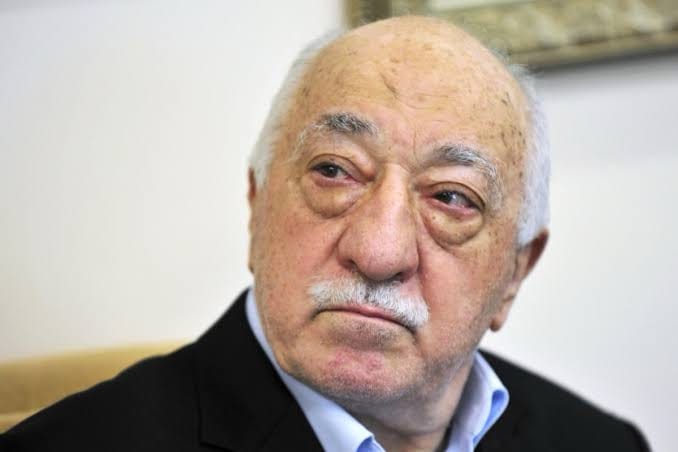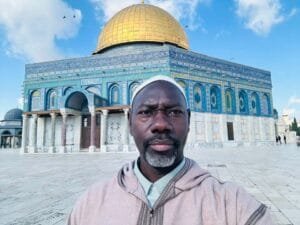Fethullah Gülen, controversial Turkish cleric exile, dies in Pennsylvania
Fethullah Gülen, the reclusive Islamic cleric whose teachings shaped a global social movement and whose influence extended across borders, has died in Pennsylvania.

Fethullah Gülen, the reclusive Islamic cleric whose teachings shaped a global social movement and whose influence extended across borders, has died in Pennsylvania.
The news was confirmed on Monday by Abdullah Bozkurt, a former editor of Gülen-linked media, after speaking with Gülen’s nephew, Kemal. Gülen was in his eighties and had long struggled with health issues.

Turkish Foreign Ministry spokesperson Hakan Fidan also confirmed the news through intelligence sources, marking the end of a complex and contentious legacy. Living in self-imposed exile since 1999, Gülen resided in a gated compound in the Pocono Mountains, where he continued to maintain a following of millions both in Turkey and around the world.
Initially an ally of Turkish President Recep Tayyip Erdoğan, Gülen’s relationship with the government soured dramatically after the failed coup attempt in July 2016, which Erdoğan accused him of orchestrating.
Gülen consistently denied any involvement, labeling the charges politically motivated. “The last year has taken a toll on me as hundreds of thousands of innocent Turkish citizens are being punished simply because the government decides they are somehow ‘connected’ to me or the Hizmet movement and treats that alleged connection as a crime,” he lamented on the coup’s one-year anniversary.
The coup attempt resulted in significant violence, claiming 251 lives and injuring around 2,200 others, while also prompting a sweeping crackdown on Gülen’s supporters in Turkey. In the aftermath, tens of thousands were arrested, and more than 130,000 were dismissed from civil service roles, as Erdoğan’s administration sought to dismantle the Gülen movement, often referred to as Hizmet, Turkish for “service.”
Born in Erzurum, Turkey, on April 27, 1941, though some sources suggest 1938, Gülen began his journey as a trained imam and emerged as a prominent figure advocating for interfaith dialogue and the integration of science with religion. His followers established a vast network of schools, charities, and businesses worldwide, including over 150 charter schools in the United States.
Despite his teachings promoting tolerance and cooperation, Gülen’s movement became a focal point of political conflict in Turkey, particularly as Erdoğan’s government increasingly viewed him as a threat. Their initial partnership dissolved into acrimony as the Gülen movement challenged the government’s actions and exposed alleged corruption.
In recent years, Gülen lived a largely secluded life, rarely appearing in public and focusing on his spiritual practices, while the future of his movement remains uncertain following his passing. Turkish Foreign Minister Fidan asserted that Gülen’s death would not diminish the government’s resolve: “Our nation and state will continue to fight against this organization, as they do against all terrorist organizations.”
As the world reflects on Gülen’s complex legacy, questions loom about who, if anyone, will lead the movement he established and what impact his death will have on his followers and the ongoing tensions between Turkey and the U.S.














